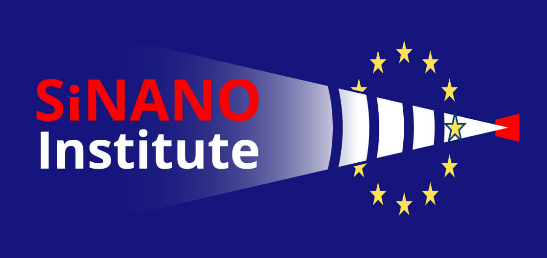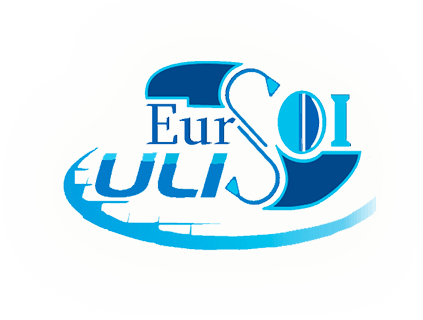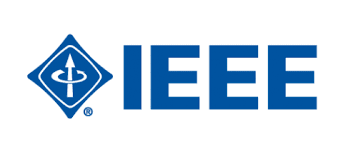Source:
EDNBy Suzanne Deffree, Managing Editor, News -- Electronic News, 5/4/2009
Andy Grove and Gordon Moore were among a chosen few honored at the 2009 National Inventors Hall of Fame induction ceremony held on Saturday (May 2, 2009) at the Computer History Museum in Mountain View, Calif., USA.
The annual induction ceremony was held in Silicon Valley for the first time in celebration of 50 years of the IC and to honor 15 new inductees who have made significant contributions related to or enabled by semiconductors.
As credited by the National Inventors Hall of Fame, this year's 15 new inductees included:
Martin M (John) Atalla and Dawon Kahng, who worked to invent the first practical field-effect transistor;
Alfred Y Cho, who is credited as having achieved molecular beam epitaxy while at Bell Labs;
Ross Freeman, the co-founder of Xilinx who is credited as having invented the FPGA;
Dov Frohman-Bentchkowsky of Intel and founder of Intel Israel, who is credited as having created the EPROM (electrically programmable read-only memory) chip;
George Heilmeier, a liquid crystal display pioneer, former White House fellow, and former Texas Instruments CTO;
Jean Hoerni, co-founder of Fairchild Semiconductor and one of the Fairchild Eight, who is credited as having invented the planar manufacturing process;
Texas Instruments' Larry Hornbeck, who holds a series of patents that form the foundation for the digital micromirror device;
John Macdougall and Ken Manchester, who worked together to develop a commercially viable method of ion implantation;
Carver Mead, a professor emeritus at Caltech who helped to develop the standards and tools that permitted VLSI (very large-scale integration);
Gordon Moore, co-founder of both Fairchild and Intel and the author of Moore’s Law;
Gordon Teal, who is credited as having created the first functioning silicon transistor while at Texas Instruments;
Frank Wanlass, who is credited as having invented CMOS; and
Robert Widlar, who is credited with having designed the first commercially successful analog IC and who also co-founded Linear Technology Corp.
 Andy Grove, who with Moore and Robert Noyce participated in the founding of Intel in 1968, was honored with the National Inventors Hall of Fame's Lifetime Achievement Award during the ceremony. Grove (pictured) was chairman of Intel's board from May 1997 to May 2005. From 1987 to 1998 he served as the company’s CEO and from 1979 to 1997 he served as president. Grove currently acts as a senior advisor to Intel.
Andy Grove, who with Moore and Robert Noyce participated in the founding of Intel in 1968, was honored with the National Inventors Hall of Fame's Lifetime Achievement Award during the ceremony. Grove (pictured) was chairman of Intel's board from May 1997 to May 2005. From 1987 to 1998 he served as the company’s CEO and from 1979 to 1997 he served as president. Grove currently acts as a senior advisor to Intel.
The National Inventors Hall of Fame said it chose to honor Grove’s tenure because while at Intel's helm the company "dramatically contributed to the power, utility, and ubiquity of computing devices."
“The world we live in today is scarcely imaginable without the contributions of Andy Grove and all 15 of this year’s inductees,” said James Pooley, chairman of the National Inventors Hall of Fame, in a statement. “So many of the technologies we take for granted nowadays, including everyday consumer electronics like cell phones, computers, and DVD players, rely on semiconductor technologies that only exist thanks to their hard work and spirit of invention.”
Grove reportedly discussed patent laws and their impact on innovation at the event.
The National Inventors Hall of Fame is a not-for-profit organization dedicated to honoring and fostering creativity and invention. Headquartered in Akron, Ohio, it was founded in 1973 by the US Patent and Trademark Office and the National Council of Intellectual Property Law Associations.





 Andy Grove, who with Moore and Robert Noyce participated in the founding of
Andy Grove, who with Moore and Robert Noyce participated in the founding of